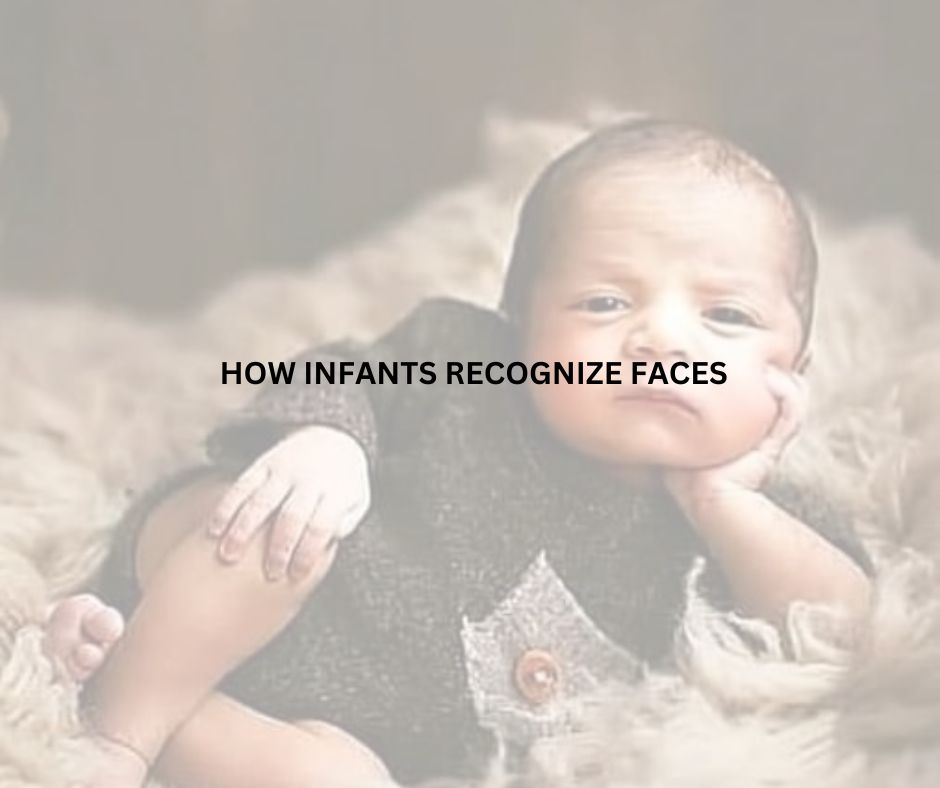How does a baby's brain work?
Learn about the science of baby face recognition and get brain child development tips in this blog.
As a parent, you get to witness many wondrous things as your little one grows – and among these, watching your infant interact with the world they’re born into is surely one of the most fascinating. From the way they look at things to the special moments when they focus on your face as you smile at your baby, it’s remarkable to see the complex machinery of your child’s young brain in action. In this blog, we reveal the amazing science of your baby’s brain development and take a closer look at the science of baby face recognition.
About baby brain development
Before we look at the science of baby face recognition, it helps to know a little about baby brain development. From the instant they are born, infants are making incredible strides in developing the foundations of their thinking skills. The brain grows and establishes neural pathways, and this rich network of brain activity forms the base for all kinds of functions – including face recognition.
The science of baby face recognition
Baby face recognition happens in different stages to help create an understanding of their world. From birth, the infant starts to learn the faces they see and shows a preference for looking at human faces above all other kinds of visual stimuli. As they grow, they’ll start to differentiate between known and unknown faces – a critical step in their social perception.
A recent study looked at the science of how we recognize faces and identified genes that play a part in face perception – suggesting that a baby’s genetic makeup influences their ability to see and understand facial cues. This is just one of the many remarkable processes at work behind the scenes as your infant learns to recognize faces.
Other things that affect baby face recognition
On top of this, other elements like facial expressions and social interaction also work to influence your baby’s face recognition. The way the familiar faces they see display emotion and the interactions that include nurturing contact have a big effect on their facial recognition development. Sensory experiences and visual stimuli also affect the way their brain hones its thinking skills, establishing a strong foundation for face recognition.
Simple tips to follow for your baby’s brain child development
Knowing more about the science of baby face recognition can help you actively participate in your infant’s cognitive growth. Basic interactions like looking into your baby’s eyes, speaking and making facial expressions to enrich their sensory experience, stimulating their vision with objects and providing social interaction all provide valuable stimulation for their growing brain.
Conclusion
The amazing science of baby face recognition provides a fascinating insight into the world of your baby’s growing brain. Knowing more about the science of infant face recognition can help you actively participate in your infant’s cognitive growth – and the next time you see your little one look up and focus on your face, you can take pride in knowing how you are helping to build their brain.

